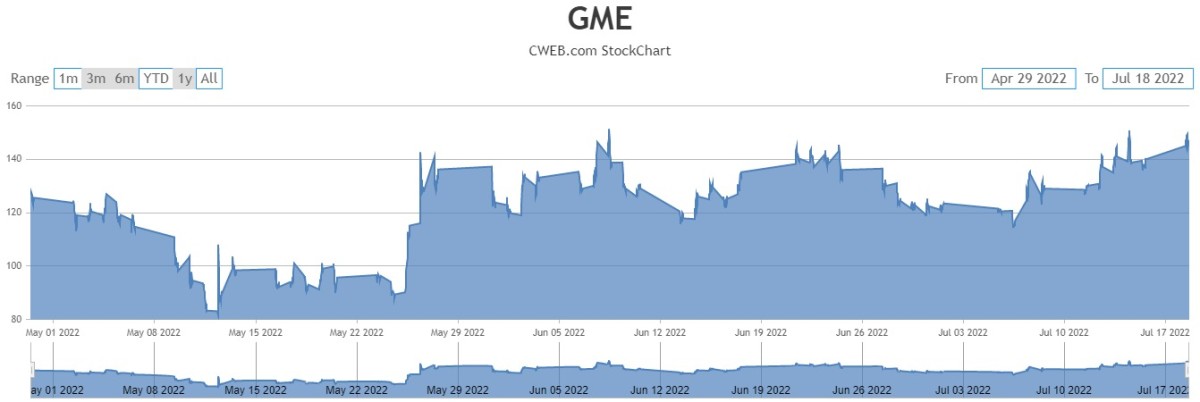
The original meme stock, GameStop (GME), is getting ready to split its shares 4-for-1. Investors in GameStop will receive an additional three shares for each share they now possess due to the 4-for-1 split. The stock split will be the second stock split for the online retailer of video games; the first was a 2-for-1 split that took place in March 2007.On July 21, following the closure of the market, a stock split will occur.
What the Stock Split Means for GameStop
The stock split shouldn’t have a significant effect on GameStop’s market value on its own. Share prices are modified to reflect the change in the number of shares that are now available for purchase by investors after splits, which only directly alter the total number of a company’s shares.
A Morningstar Quantitative Star Rating is granted to equities that are not directly covered by an analyst, and GameStop is one of the companies that received one. Using a Q superscript, quantitative equity ratings are identified.
To generate a fair value estimate that resembles our analyst-driven estimates, the quantitative rating inputs at least 12 valuation variables. The quantitative fair value estimate is updated every night and reacts retroactively to price changes. Quantitative estimates for extremely volatile stocks may change in response to closing prices, although the precise estimate value might not be accurate. Nevertheless, we think that the direction of our quantitative price to fair value ratio is accurate. When a stock’s price to fair value ratio exceeds 1, we deem it to be overvalued. if it’s below 1.00, the stock is undervalued.
Morningstar’s quantitative ratings place a fair value estimate of $221.54 per share on GameStop’s shares as of July 14. This would be modified to around $55.39 after the split. GameStop now has a quantitative star rating of three stars, which indicates that the company is currently fairly valued at its current pricing.
The information in this article came from Morningstar.com



